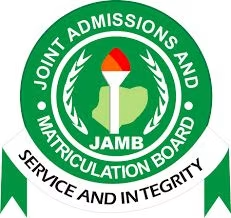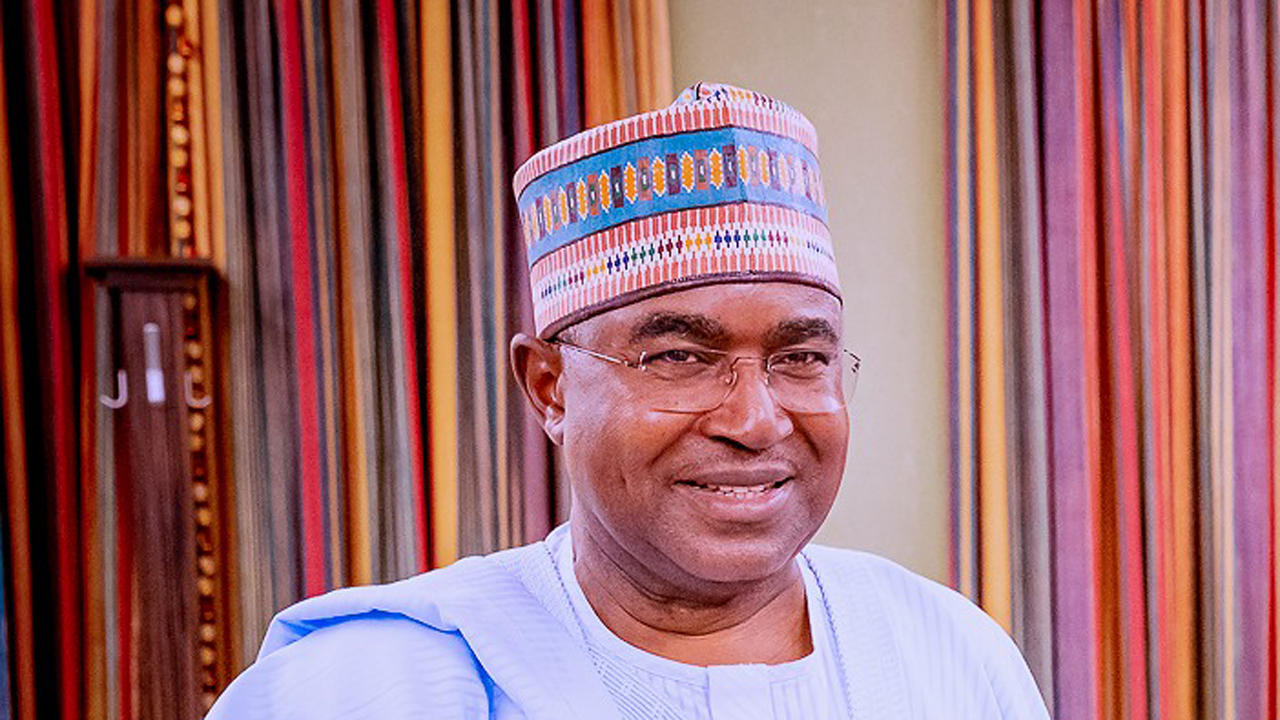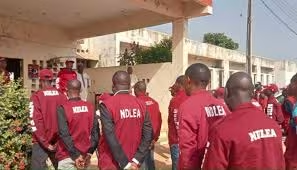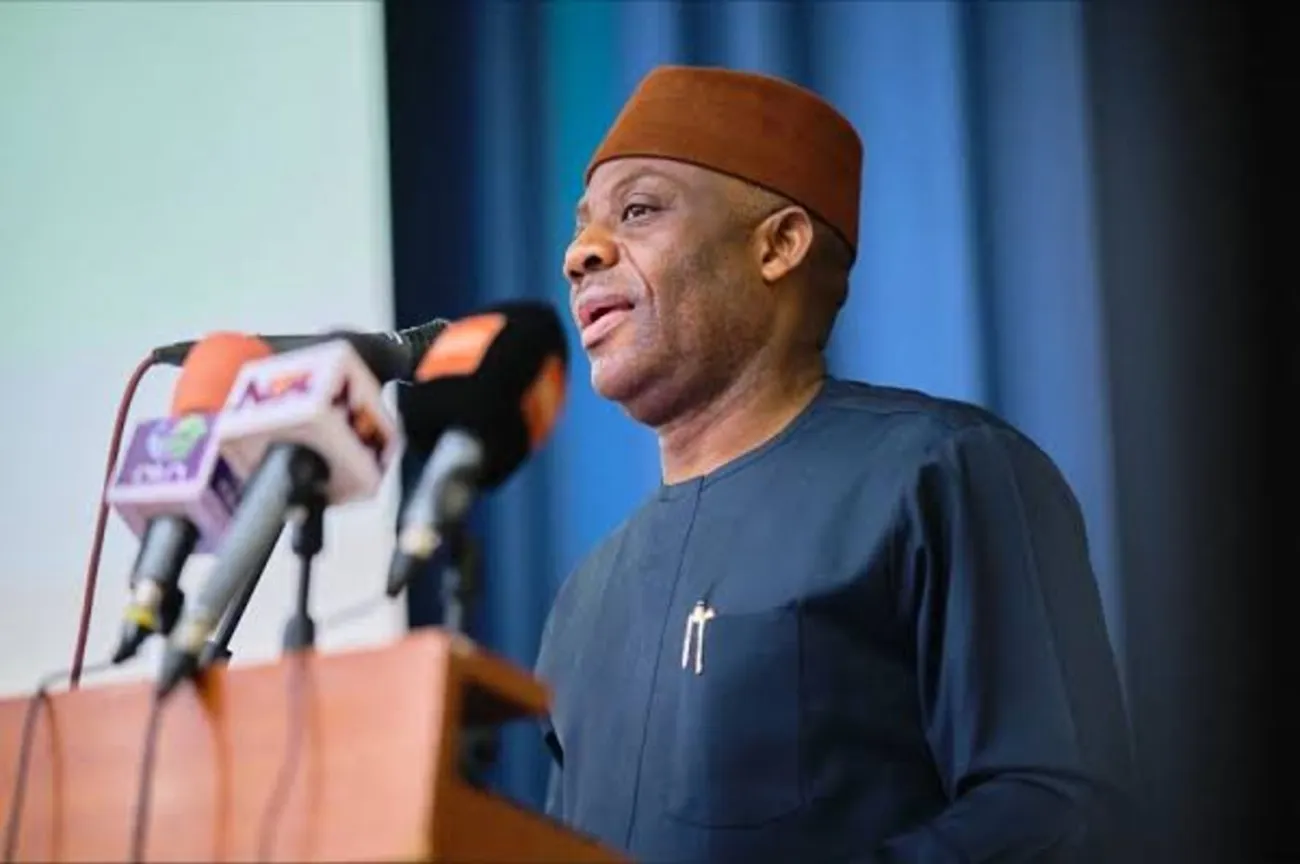A technical working group has been established by the Ministry of Education and the National Drug Law Enforcement Agency to administer mandatory drug testing for students enrolled in the nation’s postsecondary institutions according.
According to a senior NDLEA officer who talked to Saturday PUNCH, preparations were underway to begin the exercise at the start of the upcoming school year.
Some higher education institutions will start new academic sessions in September, despite having differing calendars.

According to information provided by the Joint Admissions and Matriculation Board, at least 800,000 applicants have received admission offers this year.
An examination of the previous four academic years showed that, on average, 800,000 applicants were accepted into universities, polytechnics, colleges of education, and other higher education establishments.
During the 2023–2024 school year, the number exceeded 900,000.
This decision came after a meeting with Brig. Gen. Buba Marwa (retd.), the Chairman and Chief Executive of the NDLEA, in Abuja, where the two sides discussed ways to reduce student substance misuse.

A statement by NDLEA’s spokesman, Femi Babafemi, quoted Marwa as describing drug abuse as a threat to national security and youth development, citing its links to criminal activities such as terrorism and banditry.
Dr. Tunji Alausa, the country’s education minister, supported the implementation of mandatory and arbitrary drug integrity testing for students in postsecondary educational institutions nationwide on Wednesday.
In his remarks, the education minister agreed with Marwa, noting that drug abuse negatively impacts the youth and their pursuit.

He added, “Their ability to make informed decisions in the latter part of their life becomes significantly reduced. So, they become unemployable. And what happens? You now have that vicious cycle. They’re not functional.”
He said, “You also said something very important about the drug test policy in tertiary institutions. We will do it. We have to do it. We do not have a choice. At least, we’ll start with tertiary institutions, for their fresh and returning students as well as random testing.”
The NDLEA top official, who spoke on condition of anonymity due to lack of authorisation, responded to a question on Friday about the government’s level of seriousness over the planned drug testing for students by saying that a technical committee had already been established to carry out the plan.

He also mentioned that the examination might start the next school year.
The official said, “We have a technical working group already working on that. It’s something that will likely commence with the next academic session.”
When asked to elaborate on the modalities for the implementation and who would bear the cost, the official explained: “The modalities, the details, are still being worked out. As I told you, there’s a technical working group, the NDLEA and the Ministry of Education are working on the modalities.”
He added that some universities already have drug tests for undergraduates as part of their registration procedures or requirements, so they are not really new.

He claimed that the students, not the government, would cover the cost of the testing, similar to how drug tests are currently being used in schools.
He said, “Those already doing it, it’s already included in the medical fees in those schools.
“Those schools have medical centres, so it’s already part of the existing structure. And it’s not something expensive. For us, for example, I think it’s just about N5,000. For people already implementing it, it’s part of their medical billing.”
He, however, explained further that: “The nitty-gritty, the finer details, are still being worked out.”

Regarding who will administer the drug tests, the official stated that anyone may complete them with ease.
“The test kits have been designed in a way that even individuals — even parents—can use them at home,” he explained. “It’s something you can apply yourself. There’s no big deal. It’s just a urine-based test. If you pee into it, it will show, just like how people do pregnancy tests, or test for blood sugar.”
“So it’s a very simple thing to do. But in schools, they definitely have clinics, hospitals, and even some universities have teaching hospitals. So these things can be done there. Then, there are also schools that refer their students to NDLEA facilities.”
When reached on Friday, the NDLEA spokesman declined to comment on when the drug tests for undergraduates would fully begin.
Join Our Social Media Channels:
WhatsApp: NaijaEyes
Facebook: NaijaEyes
Twitter: NaijaEyes
Instagram: NaijaEyes
TikTok: NaijaEyes





